Table of Contents
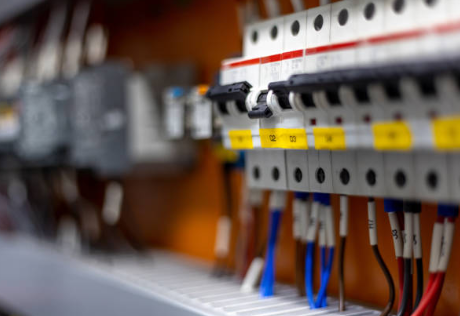
A circuit breaker an essential component for any home improvement or industrial installation, providing electrical circuit protection against overloads or short circuits.
And This guide is here to make finding one less daunting; providing some insight into wholesale pricing for bulk circuit breaker orders too!
Finding the Correct Circuit Breaker
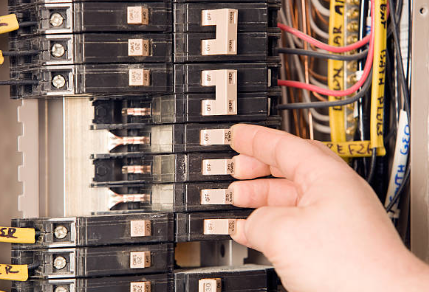
Navigating the myriad of available circuit breakers can be overwhelming, but this beginner-friendly tutorial aims to simplify the process, even touching upon insights into wholesale pricing for bulk purchases.
A. Types of Circuit Breakers
Let's break down generally the types of circuit breakers into three groups: standard circuit breaker, GFCI (Ground Fault Circuit Interrupter), and AFCI (Arc Fault Circuit Interrupter).
1. Standard Circuit Breakers
These are the backbone of electrical safety, offering everyday protection against overload with two varieties: single-pole and double-pole breakers.
Single-pole breakers are typically used for residential lighting, while the double-pole circuit breaker is suited for larger appliances due to their higher voltage capabilities.
2. Ground Fault Circuit Interrupter [GFCI]
GFCI breakers are critical in moisture-prone areas like kitchens and bathrooms, monitoring electrical balance and shutting off power if a fault is detected, thereby preventing electrical shock.
3. Arc Fault Circuit Interrupters (AFCIs)
AFCIs play a crucial role in fire prevention, detecting and cutting power to prevent sparks from frayed or punctured wires, thus mitigating fire risks.
B. Identification Marks - How to Select the Best Circuit Breaker
Selecting the right circuit breaker requires paying close attention to several key details.
-
Labels: Look for manufacturer labels that include amperage, voltage, and whether it is GFCI or AFCI-rated. Circuitbreakerspace is frankly a best to-go option for international orders.
-
Size and Shape: The physical dimensions of a circuit breaker can indicate its type, with single-pole breakers being narrower than double-pole breakers.
-
Color Coding: Some manufacturers use color coding to distinguish their products, though it’s not a standard practice across the board.
-
Test Button: GFCI and AFCI breakers often feature a test button, a distinguishing feature not found on standard breakers.
Troubleshooting Issues of Circuit Breakers
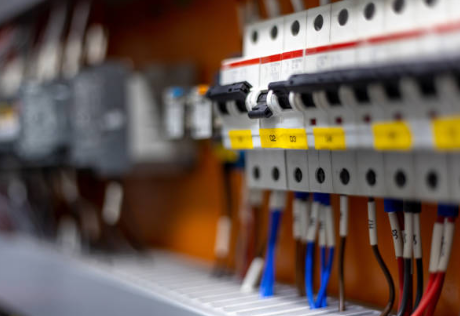
Common Problems about Circuit Breakers
Circuit breaker issues, including overloaded circuits, short circuits, ground faults, faulty breakers, and arc faults, can compromise electrical safety and functionality. Users may wonder how to fix circuit breaker tripping or how to replace a circuit breaker as is often the case.
Easy Fixes
To address these problems, strategies range from redistributing the electrical load and repairing damaged wiring to replacing defective breakers and installing AFCI devices for arc fault protection.
While some solutions involve simple adjustments, others may require professional intervention, especially when dealing with complex wiring issues. Ensuring regular maintenance and prompt troubleshooting is essential for maintaining a safe and efficient electrical system.
Are You Searching For Wholesale Solutions?
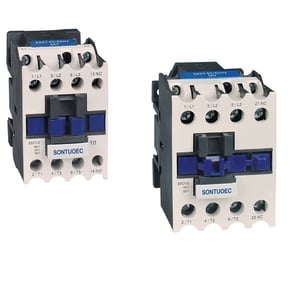
For those in the electrical trade or managing large projects, finding circuit breakers at wholesale prices can be beneficial.
Establishing relationships with reputable circuit breaker manufacturers and distributors who can provide a variety of GFCI or AFCI breakers, along with competitive pricing and solid return policies, is key.
Conclusion
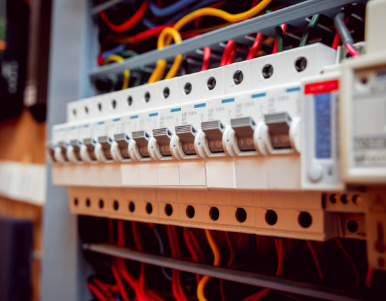
Selecting the right circuit breaker is essential for the safety and success of any electrical project. By understanding the different types and knowing where to source them, you can ensure your installations are protected against electrical hazards.
With the right information and a reliable wholesaler, navigating the world of circuit breakers becomes a much simpler task.
